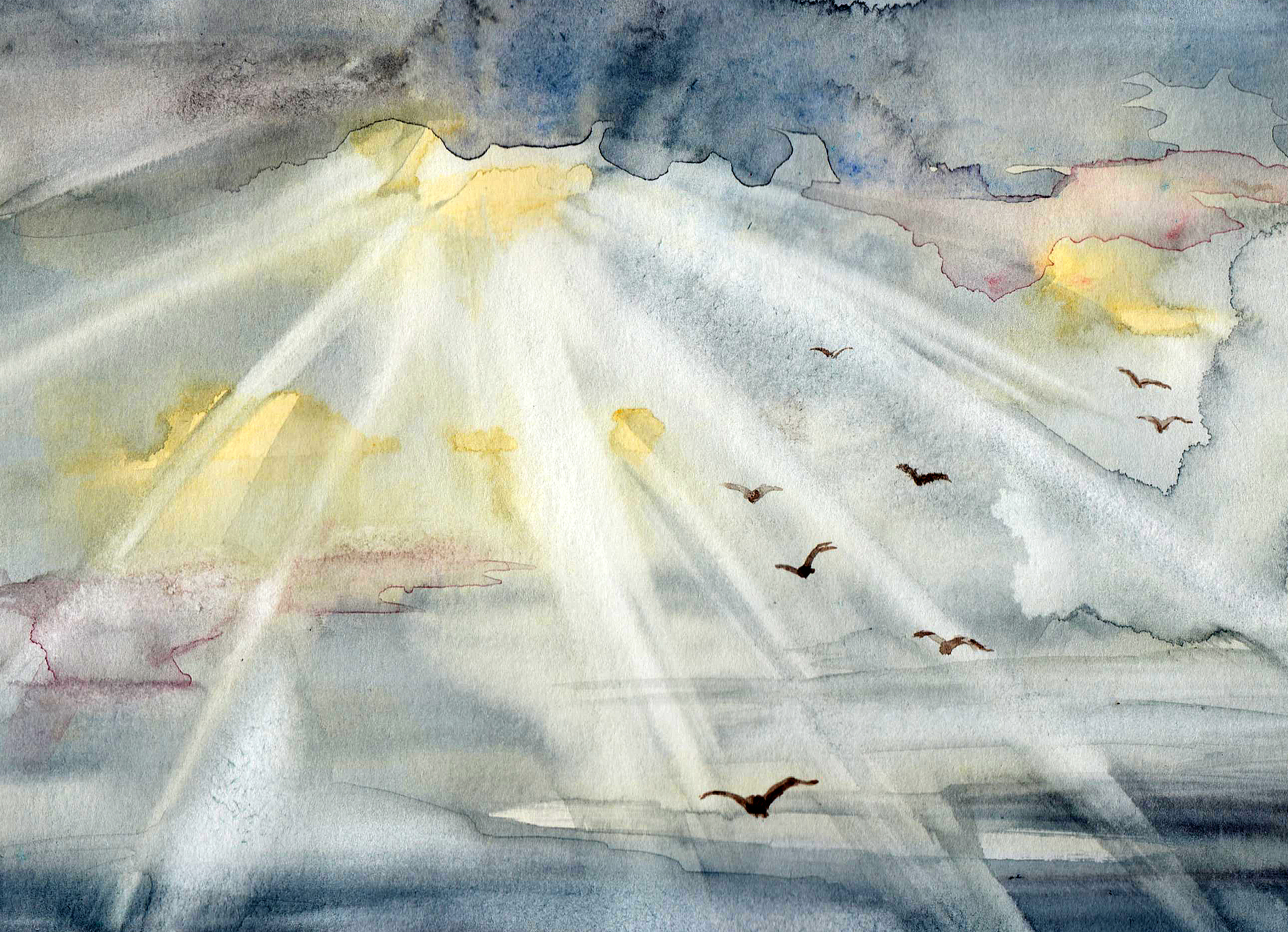Every Friday, I drag myself out of bed to grocery shop before Jerusalem’s stores shut down at 2. I cook my contribution to whatever potluck Shabbat dinner and lunch I’ve been invited to. I tidy up my apartment, shower, and shoot a text to the family group chat reminding them that I will be unreachable until Saturday night. As the sun sets, my roommate and I light candles and usher in Shabbat, a 25-hour paradise where I basically do nothing except eat, read, and hang out with friends.
Shabbat, like keeping kosher or praying three times per day, is a central part of my Jewish practice as an observant Jew. There are 613 mitzvot, or commandments, and roughly 369 are still applicable to modern life.
When people find out I am observant of Jewish law, they assume a lot of things. They often assume I’m an Orthodox Jew (I’m not) or that I think everyone who doesn’t strictly follow Jewish law is living their life wrong (I don’t). The most common assumption people make is that I believe in God.
I don’t.
Belief in God is a central part of Judaism for some people, and I respect that. To me, however, belief feels wholly irrelevant. When I meet another Jew, I don’t get excited because I’ve found someone who believes there is one God who created the heavens and the Earth. I get excited because I’ve met someone who’s part of my tribe.
I used to believe in God. As a child, I was positive there was a man with a pearly white beard who sat in the clouds and watched our every move. As I got older, I realized that descriptor fit Santa Claus better than any deity.
I don’t believe anyone created the world. I’m convinced that the Torah was written by man. I don’t think someone is listening when I pray.
Yet, I still do it. When I encounter the words God and Adonai during prayer, I understand God as a concept that has been a critical part of uniting the Jewish people through liturgy and thought for thousands of years, rather than a supreme being.
I understand Jewish practices and rituals the same way. I don’t wrap tefillin every morning because I think there is some existential consequence if I don’t. I bind my arms with the black leather straps because it is a Jewish tradition that has been passed on from generation to generation and is still alive and kicking in 2019.
When I explain this to skeptics and naysayers, they often aren’t convinced. There are plenty of religious texts that explain or even mandate that believing in a singular God is the most essential part of being Jewish. Who am I to contradict or challenge that?
But here’s the thing: The Jewish people haven’t solely been sustained by people waking up at dawn to mutter morning prayers. Art, food, language, music, and other aspects of cultural Judaism have brought us this far, too. And when it comes to my observance or beliefs, that’s nobody’s business but my own.
I want future generations to be able to decide if an observant Jewish life makes sense for them. I’m grateful to the women and men who have kept ritual Judaism alive for me to experiment with and experience, and I want Jewry a thousand years from now to have the same opportunity to light Shabbat candles, throw bread in the river on Rosh Hashanah, or chant Torah on Saturday mornings — whether they think someone out there is listening or not.



